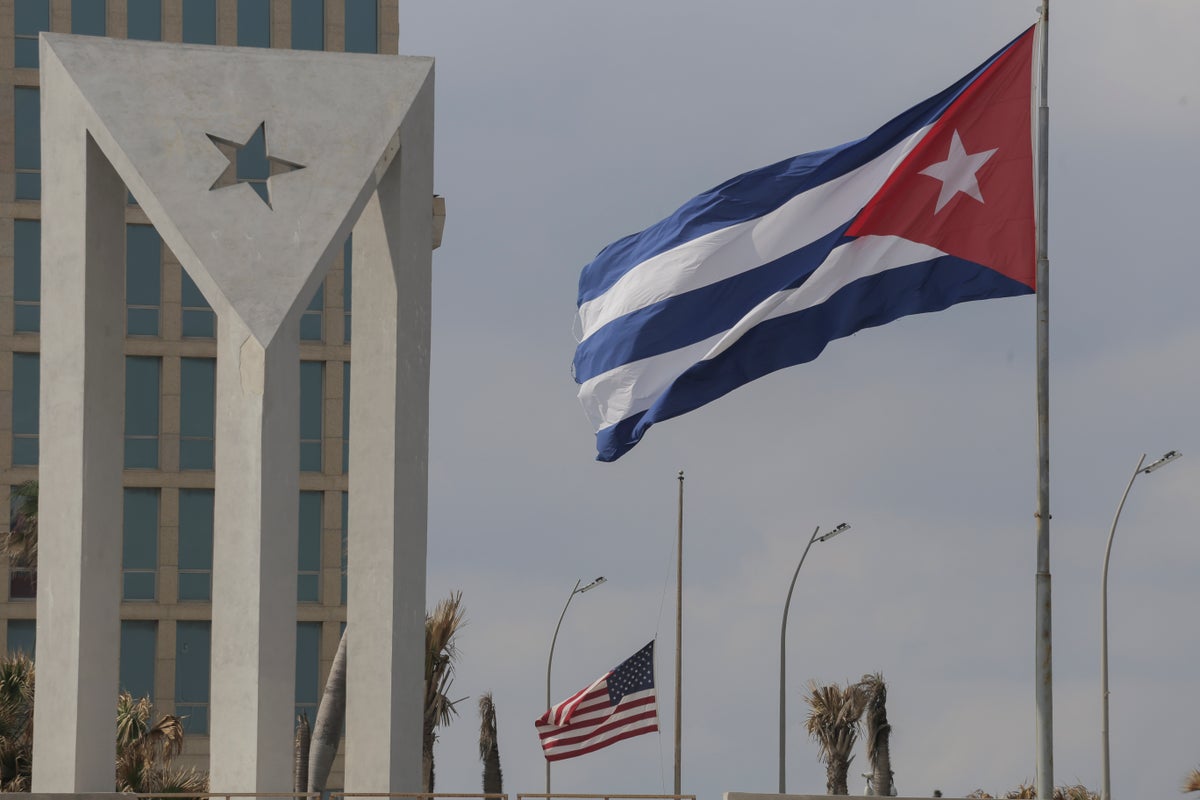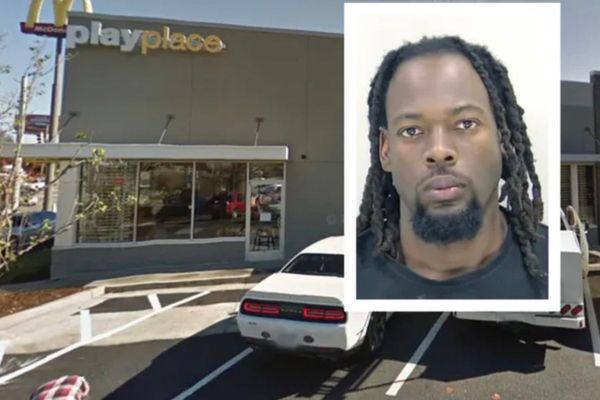
Cuba started releasing some prisoners Wednesday as part of talks with the Vatican, a day after President Joe Biden's administration announced his intent to lift the U.S. designation of the island nation as a state sponsor of terrorism.
More than a dozen people who were convicted of different crimes — and some of them were arrested after taking part in historic 2021 protests — were released during the day, according to Cuban civil groups following the cases of detainees in the island.
Among those freed was tattooist Reyna Yacnara Barreto Batista, 24, who was detained in the 2021 protests and convicted to four years in prison for attacks and public disorder. She was released from a prison in the province of Camagüey, and told The Associated Press that eight men were also freed along with her.
On Tuesday, the U.S. government said it notified Congress about the intent to lift the designation of Cuba as part of a deal facilitated by the Vatican. Cuban authorities would release some of them before Biden's administration ends on Jan. 20, officials said.
Hours later, the Cuban foreign ministry said the government informed Pope Francis it would gradually release 553 convicts as authorities explore legal and humanitarian ways to make it happen.
Havana did not link the prisoners' release to the U.S. decision on lifting the designation but said it was “in the spirit of the Ordinary Jubilee of the year 2025 declared by His Holiness,” referring to the Vatican's once-every-25-year tradition of a Jubilee, in which the Catholic faithful make pilgrimages to Rome.
The Cuban Observatory of Human Rights, one of the civil groups, said that by 4 p.m. EST, 18 people had been released, including Barreto Batista.
“At three in the morning they knocked," Barreto Batista told the AP over the phone. "I was sleeping (in the cell) and they told me to gather all my things, that I was free.”
She said that she and the eight men were warned it was not a pardon or a forgiveness and that they had to be on good behavior or they could be sent back to prison.
“I am at home with my mother," she said. “The whole family is celebrating.”
In July 2021, thousands of Cubans took to the streets to protest widespread power outages and shortages amid a severe economic crisis. The government’s crackdown on the demonstrators, which included arrests and detentions, sparked international criticism, while Cuban officials blamed U.S. sanctions and a media campaign for the unrest.
In November, another Cuban nongovernmental organization, Justice 11J, said that 554 people remained in custody in connection with the protests.
Biden's intention to lift the U.S. designation of Cuba as a state sponsor of terrorism is likely to be reversed as early as next week after President-elect Donald Trump takes office and Secretary of State-designate Marco Rubio assumes the position of America’s top diplomat.
Rubio, whose family left Cuba in the 1950s before the communist revolution that brought Fidel Castro to power, has long been a proponent of sanctions on the communist island.







